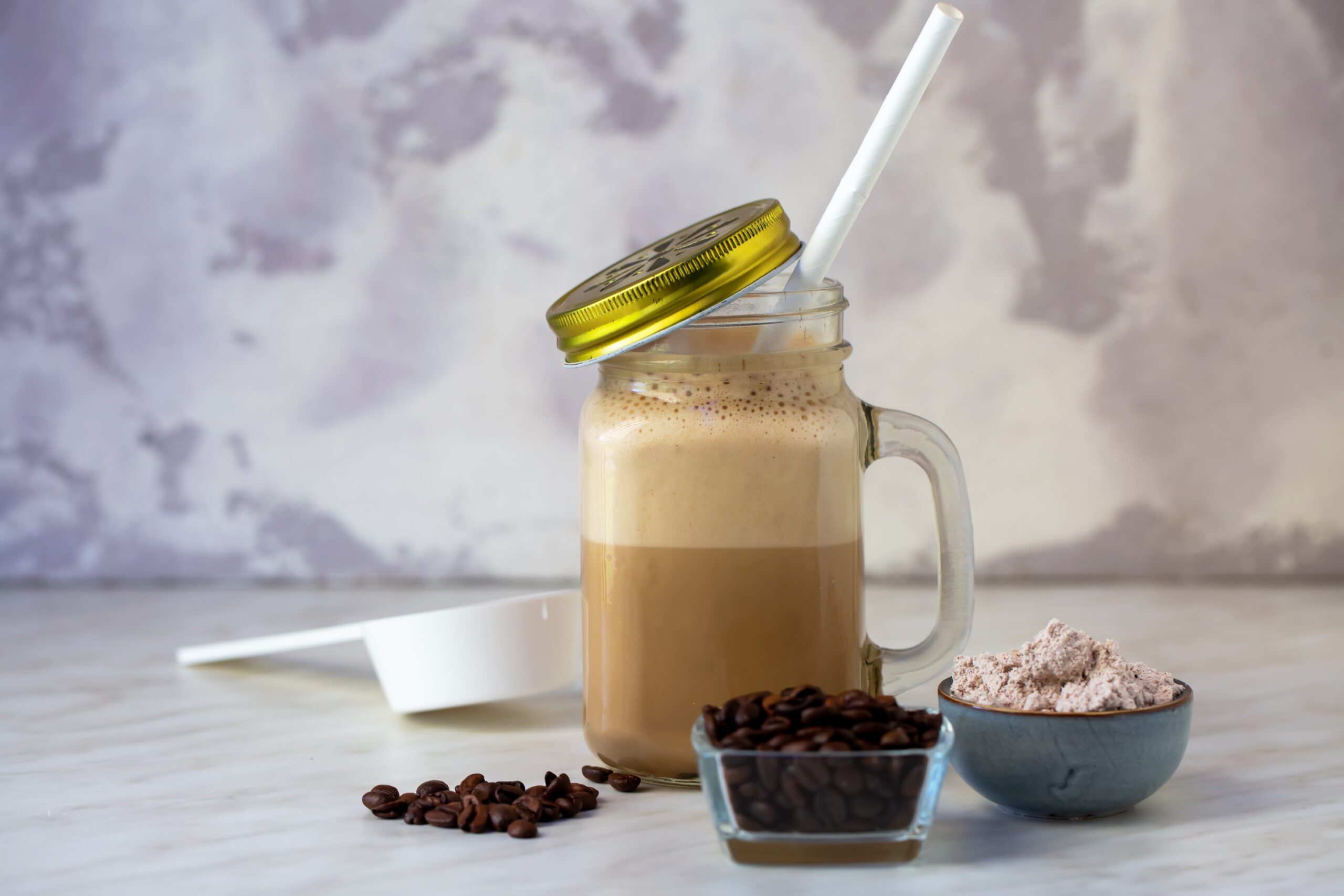You could drop thousands at a luxury longevity clinic—or you could pick up a beet and outsmart billionaires at their own anti-aging game.
Story Snapshot
- Longevity science is booming, but accessible anti-aging foods may rival costly therapies.
- Dr. Michael Aziz champions everyday nutrition over high-tech interventions for healthspan.
- Senolytic drugs show promise but remain unproven, while dietary changes are safe and widely recommended.
- Food-based longevity strategies democratize health in an industry dominated by exclusivity.
Inside the Billion-Dollar Longevity Race
From Silicon Valley boardrooms to Manhattan’s private clinics, the new status symbol isn’t a yacht—it’s access to age-defying science. Billionaires pour fortunes into bespoke anti-aging treatments, convinced that the elixir of youth lies in cutting-edge senolytic drugs and gene therapies. Yet, for the rest of us, the path to a longer life doesn’t require a six-figure check or a VIP pass. In 2025, as headlines trumpet the latest miracle protocols, a quieter revolution is brewing—one that begins at the grocery store, not in a sterile lab.
Dr. Michael Aziz, a respected New York internist, has emerged as a persuasive counterpoint to the longevity industry’s luxury narrative. While the elite chase experimental drugs, Aziz prescribes a regimen far simpler, rooted in what he calls “evidence-based nutrition.” He’s not alone: epidemiologists and researchers have long noted that certain foods—rich in antioxidants, fiber, and plant-based nutrients—are common denominators in the world’s longest-lived populations. The so-called “Blue Zones” of Okinawa and Sardinia, for example, celebrate beans, nuts, and leafy greens, not patented peptides, as their secrets to vitality.
The Science and Skepticism Behind Anti-Aging Foods
Scientific consensus affirms that diet impacts longevity, but how do these foods compare to the latest scientific interventions? Senolytic drugs, designed to clear aging cells and delay disease, have captured the imagination of investors and researchers. Early clinical trials, such as those evaluating Dasatinib and Quercetin, hint at benefits for age-related diseases, but the effects remain subtle and sometimes inconsistent. National Institute on Aging reports underscore the need for caution—these drugs have not yet delivered the sweeping results many hope for, and safety concerns linger.
Contrast this with decades of research on nutrition: plant-based diets packed with beans, nuts, berries, and vegetables reduce inflammation, lower chronic disease risk, and correlate with longer healthspans. The impact may not be as dramatic as a headline, but the real-world effect is broad, incremental, and remarkably accessible. While no food will rewrite your DNA, the cumulative benefit of these choices is visible in populations that routinely outlive their high-tech counterparts.
Democratizing Longevity: Food vs. Pharma
Food-based strategies cut through the exclusivity that clouds the longevity industry. As high-priced clinics and supplements proliferate, concerns about equity and accessibility intensify. Dr. Aziz’s message resonates because it defies the notion that healthspan is a privilege reserved for the wealthy. Beans cost pennies, berries and greens are within reach for most Americans, and even desserts—when made with anti-aging ingredients—offer pleasure without penalty. The democratization of longevity isn’t just a slogan; it’s a practical solution to skyrocketing healthcare costs and widening disparities.
For those seeking the “anti-aging dessert” that claims to rival clinical interventions, the proof is literally in the pudding. Recipes blending nuts, cocoa, and berries pack a punch of polyphenols and healthy fats, satisfying cravings and supporting health. These foods, backed by both tradition and peer-reviewed science, deliver incremental gains—less dramatic than a pharmaceutical ad, but far more reliable than the latest miracle cure. As the longevity market balloons into the billions, the real revolution may be happening one forkful at a time.
Sources:
Nature Aging: New senolytic drug candidate for liver disease and cancer
F1000Research: Clinical trial protocol for Dasatinib + Quercetin in aging
Nature Reviews: Comprehensive review of senolytic drugs and limitations
Nature Medicine, NIA: Clinical trial of senolytics for bone health
ClinicalTrials.gov: Ongoing trials of senolytic therapies for Alzheimer’s and aging








